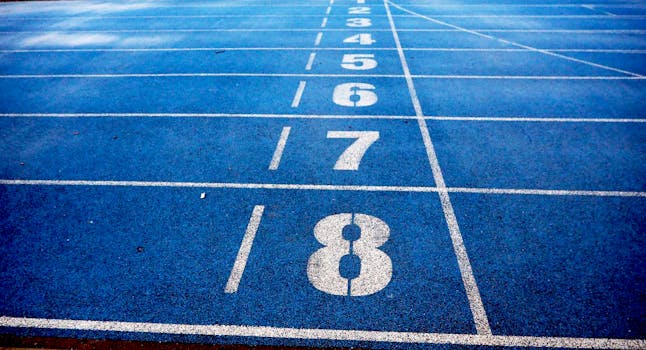
Introduction
Breakfast is often called the most important meal of the day, and for runners, this couldn't be truer. A nutritious breakfast fuels morning runs, powers recovery, and sets the pace for the rest of the day. Wondering what runners typically eat to kickstart their energy? Let's take a closer look!
Popular Breakfast Choices for Runners
- Oatmeal: Packed with complex carbohydrates and fiber, oatmeal provides a sustained energy release. Toppings like fresh fruit, nuts, or honey can add flavor and extra nutrition.
- Whole Grain Toast: A slice or two with peanut butter or avocado delivers the right mix of healthy fats and protein to keep hunger at bay during a long run.
- Greek Yogurt Parfaits: Layered with berries, granola, and a drizzle of honey, Greek yogurt offers protein for muscle repair and carbs for quick energy.
- Bananas: This easily digestible fruit is rich in potassium, which helps prevent cramps and supports nerve and muscle function.
- Smoothies: Blending fruits, leafy greens, and a source of protein like milk or protein powder makes for a quick, customizable pre-run meal.
Timing and Portion Tips
Timing your breakfast is just as important as what you eat. Runners often eat 1-2 hours before running to allow food to digest. It's best to stick to familiar foods and practice your breakfast routine before training runs to find what works best for you.
Conclusion
The best breakfast for runners is balanced, easy to digest, and suited to individual preferences and goals. Experiment with these options and listen to your body for optimal results!
Comments
Post a Comment